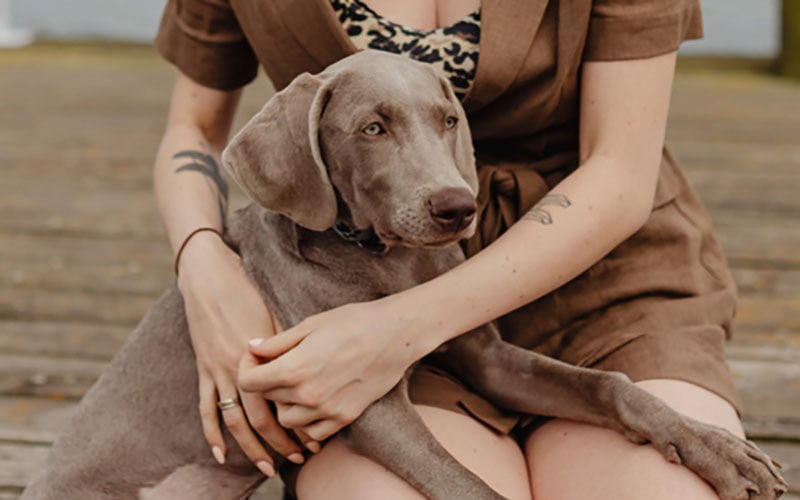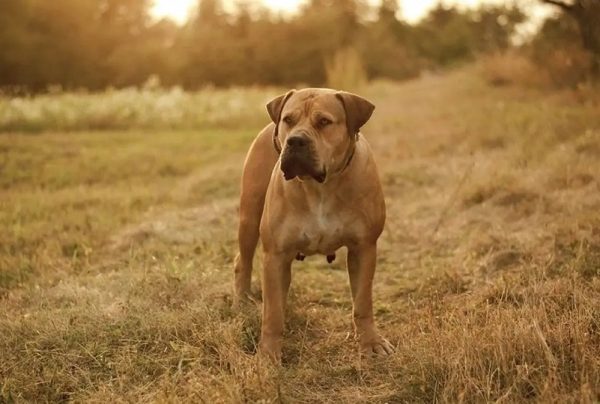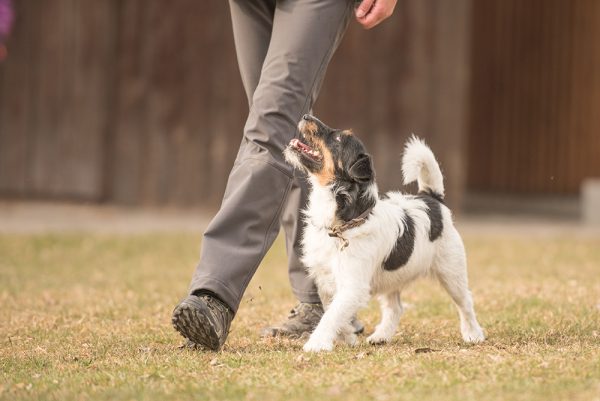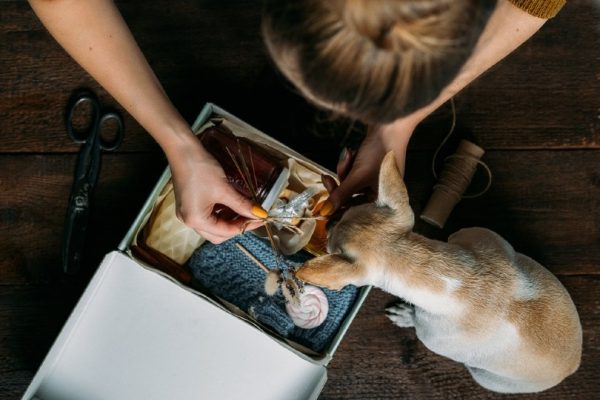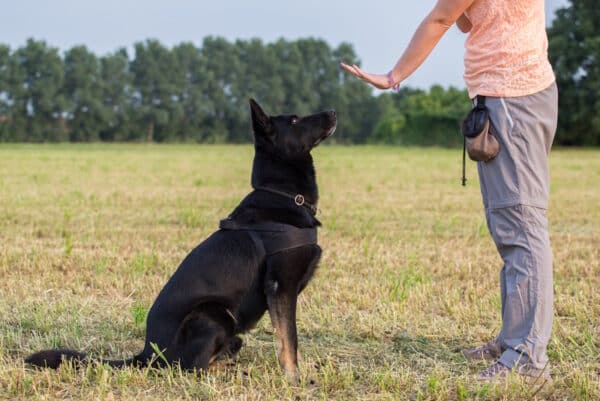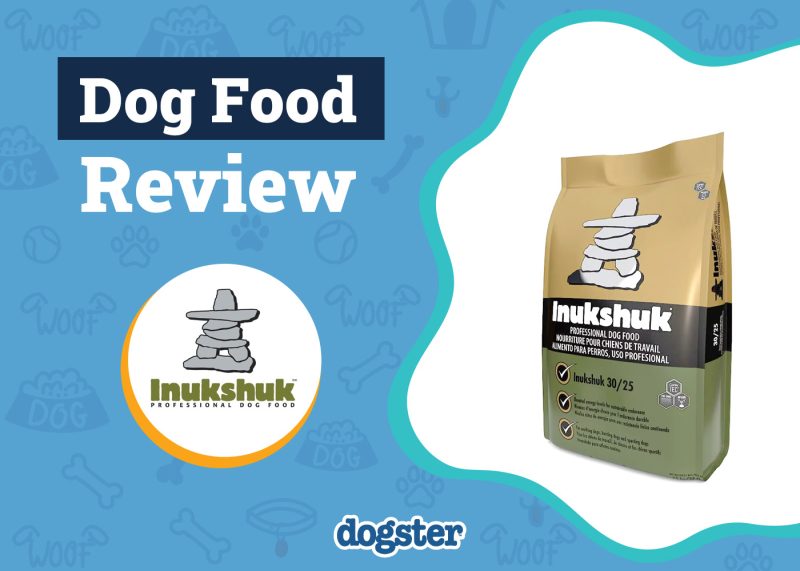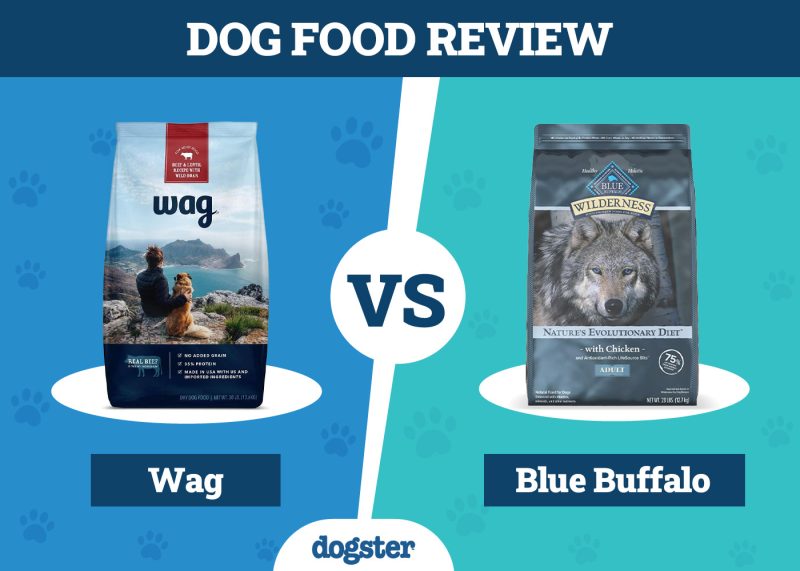In this article
View 4 More +If you’ve been considering adding a new puppy or dog to your family, you should have a general idea of how much time and patience it will involve. Everything from training and grooming to walking several times a day takes up a considerable amount of time and energy.
Then there’s the expense. Bringing a dog home can involve a substantial amount of money that you will need to budget for. This is an essential part of becoming a dog owner, just as much as giving them love and attention.
Here, we get into what the costs can add up to for dog owners in Canada so you can have a better grasp of what to expect. It’s always best to go into dog ownership prepared for anything.

Bringing Home a New Dog: One-Time Costs
One-time costs come down to paying for the dog or puppy, as well as initial expenses for items that you’ll need when you first bring your new dog home.
Here, we go through a few of the options that can help determine the cost of your dog, from adopting to purchasing a dog or puppy through a breeder.
We also go over other expenses for things that you should have in place before bringing your new dog home, such as food bowls, grooming supplies, and a dog leash.
While many of these items can be considered one-time expenses, keep in mind that you might need to buy new things down the road due to breakage or the usual wear and tear. If you have a puppy, you need to invest in puppy gear that will need replacing as they grow into adulthood.
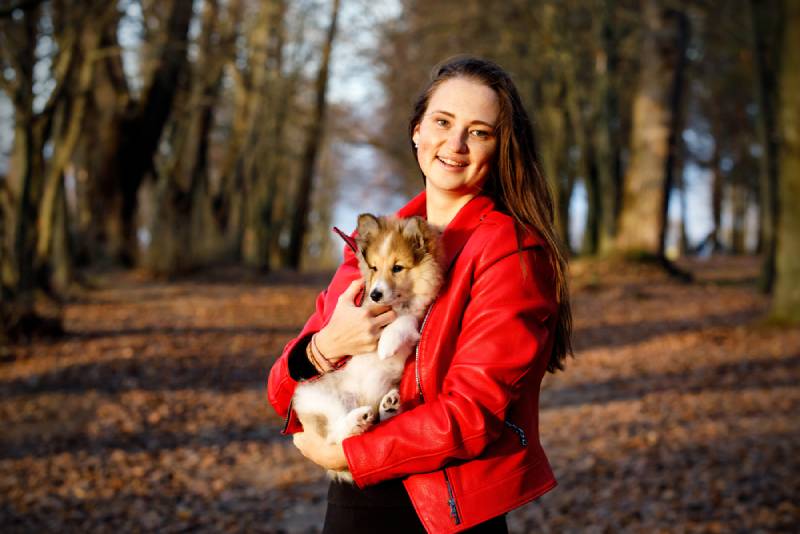
Free
It’s not common these days to find a puppy or a dog for free, especially if you have your heart set on a purebred dog. But some people might come across a free dog when someone in their family or a friend has a puppy that needs a good home.
Another option for a free dog is adopting a senior dog or one with special needs from a shelter or rescue group. Many, but not all, tend to waive the adoption fee in order to ensure that these dogs end up in a good home.
Adoption
- $200–$800
Adopting a dog is definitely one of the best routes when looking for a new dog or puppy. Adoption fees are less expensive than going to a breeder, and the fees go toward supporting the group or shelter.
Plus, your pet will go home with you fully vaccinated, spayed or neutered, and sometimes, rehabilitated.
Some rescues might charge more if they bring dogs from other parts of the world into Canada. This might make the adoption fee higher, but it’s worth it! You’ll be giving a rescue dog a second chance at a better life and supporting a worthwhile rescue organization.

Breeder
- $1,000–$4,500
When buying a puppy from a breeder, you are required to put a deposit down, which goes toward the price of the puppy when you bring them home. Start by finding a reputable breeder. It’s not worth saving a few dollars with a backyard breeder — you’ll end up with a sickly puppy and are supporting their “business.”
Visit the breeder at their location so you can meet the puppies and parents, and be sure to ask them plenty of questions. This is the beginning of a relationship, not only between you and your dog but also with the breeder.

Initial Setup and Supplies
- $300–$1,000+
Many of these costs depend on the dog and how much you plan on spending or if you already own a few of these items or have a friend offering to donate them to you.
We included the cost of neutering and spaying, but it is likely that if you adopted, your pet will have already had this procedure.
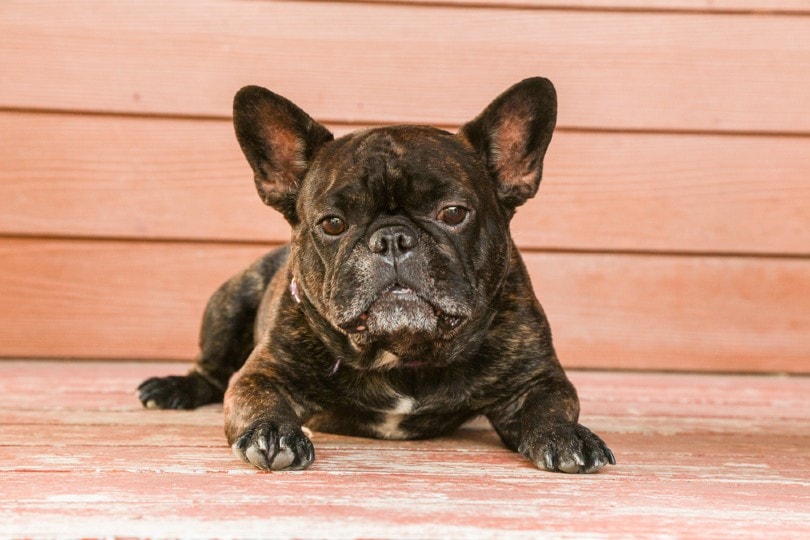
List of Dog Care Supplies and Costs
| ID Tag and Collar | $15–$35+ |
| Spay/Neuter | $150–$800 |
| X-Ray Cost | $100–$400 |
| Ultrasound Cost | $400–$1,000 |
| Microchip | $45–$95 |
| Teeth Cleaning | $150–$300 |
| Dog Bed | $30–$150+ |
| Nail Clippers | $7–$35+ |
| Brush | $10–$30+ |
| Dog Shampoo | $10–$20+ |
| Crate (optional) | $100–$300+ |
| Leash and Collar | $10–$50+ |
| Toys | $10–100+ |
| Food and Water Bowls | $15–$45+ |

How Much Does a Dog Cost Per Month?
- $50–$1,000+ per month
How much a dog costs every month depends on their size and whether they have a health condition. Some dogs have food allergies and need to eat a prescription diet, which will drive up the cost of food.
Other factors include whether you opt into pet insurance, take your dog to a groomer, or hire a dog walker.
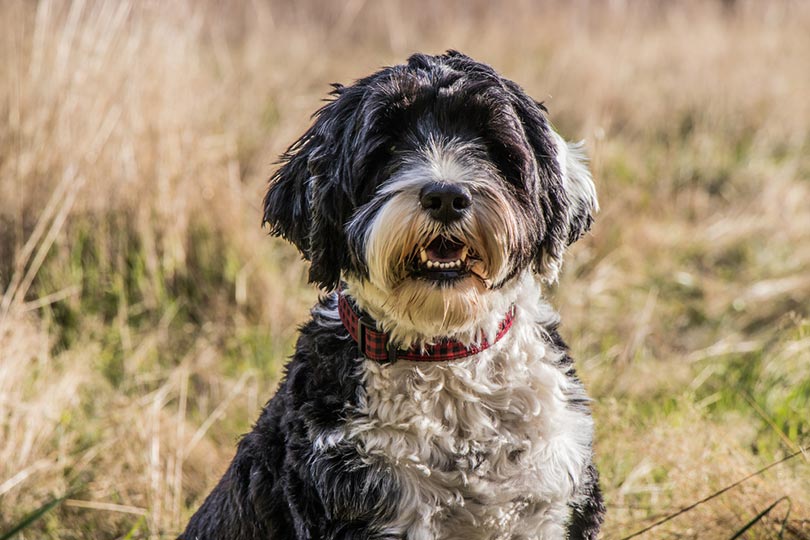
Health Care
- $0–$800+ per month
This depends on the breed and whether your dog has any health issues. Large dogs are prone to certain conditions, such as elbow dysplasia, hip dysplasia, and bloat.
It’s a good idea to get a history of your dog, if possible, so you know if there are any genetic health conditions to be aware of. Some dogs might go their entire lives without any medical problems, while others might develop one or more at some point.
Food
- $35–$350+ per month
Food can be one of the most significant expenses for most pet owners. How much you pay depends on the size of your dog or whether your pup has any medical conditions that require a prescription or specialized dog food.
But even if you have a small and healthy dog, opt for high-quality food, as this will set up your dog’s health for life.
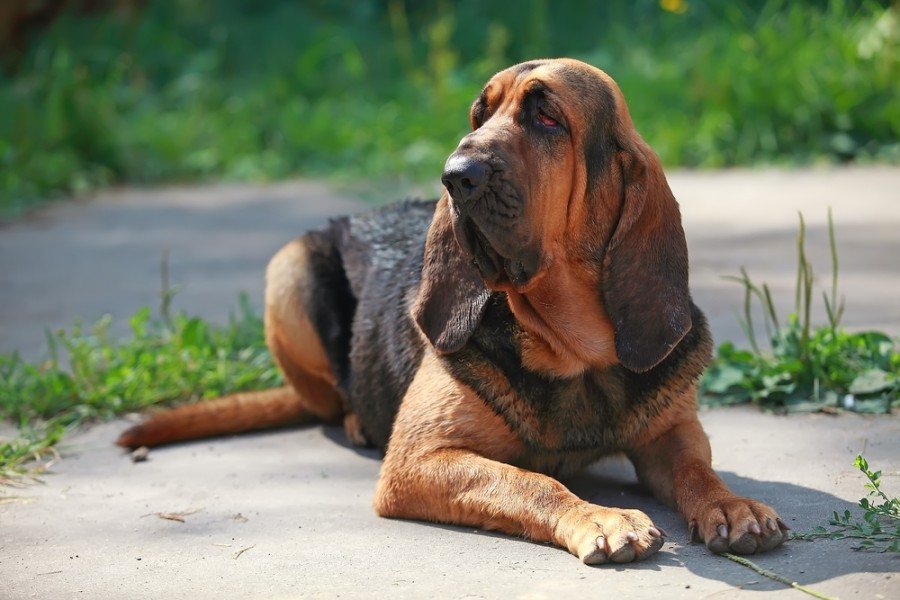
Grooming
- $0–$60 per month
This depends on your dog’s coat and size and whether you’ll do all the grooming yourself or visit a groomer. If you take your dog every month to a groomer for the works and your dog is shaggy and large, you will pay more every month.
Keep in mind that dogs need brushing or combing even if they have short coats, and you (or a groomer) will also need to clean their ears, brush their teeth, and trim their nails.
Medications and Vet Visits
- $0–$300+ per month
An annual vet office visit can run about $100 to $400. If you want to break down annual vet visits, which include a physical exam and vaccinations, into monthly expenses, it could run an average of $10 to $40 a month. Your dog doesn’t typically need to see the vet every month, though, unless there’s a serious health issue.
There are also annual treatments for parasites such as heartworm, fleas, and ticks that can run about $60 to $250 a year, which breaks down to $5 to $20 a month.
Finally, if you prefer to bring your dog in for professional teeth cleaning every year instead of doing it yourself, the cost can range from $250 to $500, breaking down to $20 to $40 per month.
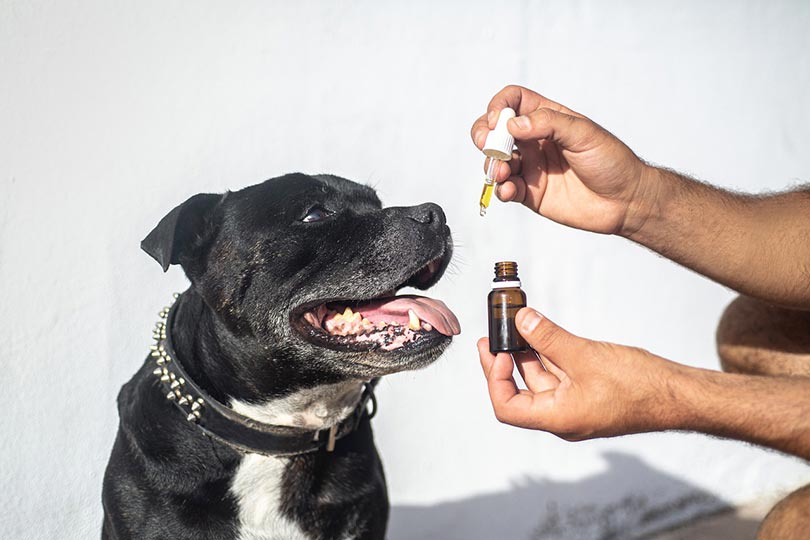
Pet Insurance
- $50–$150 per month
Pet insurance isn’t necessary, but it can give you peace of mind if there’s a medical emergency that ends up costing you thousands!
However, most insurance companies won’t cover any health conditions that your dog has when you apply for it, only if your dog develops a health condition after you’ve enrolled them in pet insurance.
How much you pay depends on the company, the age and breed of your dog, and your location.
Environment Maintenance
- $5–$15+ per month
Environmental maintenance for dogs doesn’t tend to be too expensive, as you generally just need to worry about stocking up on poop bags and investing in an easy-to-use pooper scooper.
Of course, this number could be much higher if your dog tends to tear up your yard, but this depends on if you actually have a yard and whether you supervise your dog while they’re outside.
| Poop bags | $5–$15/month |
| Pooper scoop | $15–$30+ |
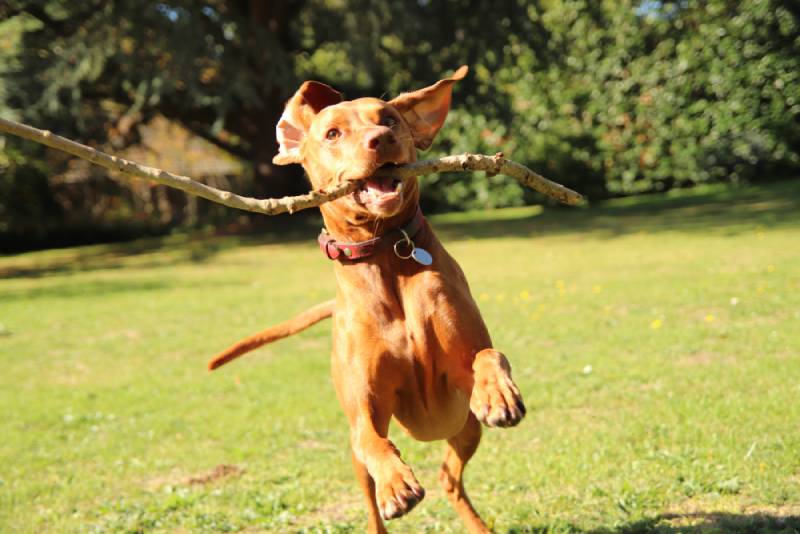
Entertainment
- $15–$50+ per month
Providing toys for your dog is an important part of dog ownership, and you’ll need to somewhat base the toys on your dog’s breed. Most dogs need chew toys, particularly if they enjoy chewing things that they’re not supposed to, like your couch.
There are also blankets or plushies that some dogs get comfort from or balls and frisbees to play with. Keep in mind some of these toys will need replacing from time to time.
You can also consider getting a subscription box of dog toys to try out. This way, you have several new toys every month, enabling you to rotate the old with the new. These boxes range from about $35 to $60 per month. However, not all include shipping.

Total Monthly Cost of Owning a Dog
- $50–$1,000+ per month
This total depends on things like going to the groomer’s and whether you opt into pet insurance. It also depends on the kind of food that you purchase and the size of your dog. An extra-large dog will be decidedly more expensive than a toy breed.
We haven’t included any estimates for emergency situations. Ideally, these will rarely happen, but it’s still a good idea to budget for unexpected expenses.
Additional Costs to Factor In
There are several different expenses that you will need to expect beyond what’s been discussed here. If you start with a puppy or are adopting an adult dog that needs training, that’s an added expense. Depending on where you take your dog for training, the price can range from $200 to $600 every week for about 6 to 8 weeks.
There are also things like vacations and if you work full-time outside of your home. Do you need to pay for a dog walker to take your dog out every day when you’re not home? You can also try doggy daycare but it will cost extra. Vacation might mean boarding your dog or having a pet sitter, unless you take your dog with you.
There’s also damage to your property to consider. If you have a large dog, there will likely be an occasional accident. There’s also the possibility of the dog chewing things up or urinating on your best carpet.
Again, these are all expenses that you should be aware of before investing in a dog or puppy.
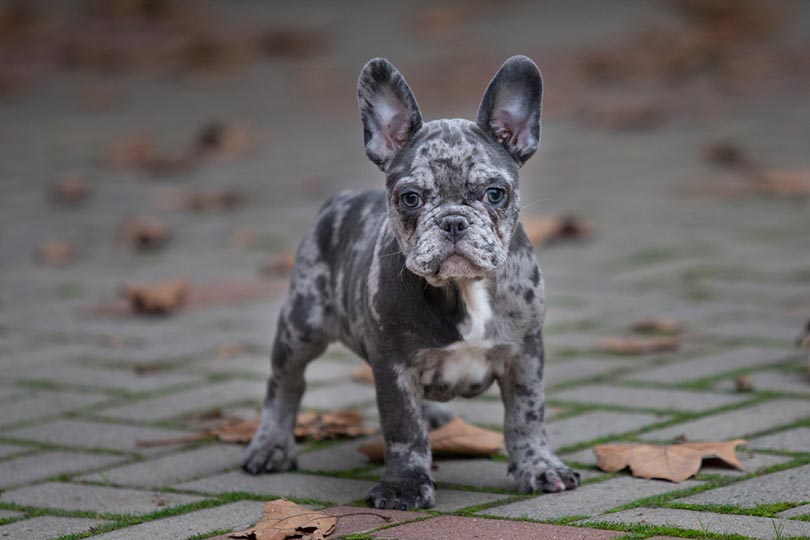
Owning a Dog On a Budget
Besides the initial cost of your new dog, there are ways of saving money. You can find deals for toys and other gadgets, but remember that you don’t have to splurge on big expensive items.
As long as your dog’s needs are met, as in healthcare, food and water, and attention and affection from you, you don’t need a whole bunch of stuff.
Saving Money on Dog Care
Doing all your dog’s grooming yourself can definitely save you money. Get in the habit of brushing your dog regularly, particularly if they have a long and thick coat, and trimming their nails.
Grooming will also include the occasional bath, cleaning their ears, and brushing their teeth. All of this will save quite a bit of money, especially teeth cleaning, and it can help you form a closer bond with your dog.
If you need a dog walker, find a family member or friend with the time to walk your dog for you. If they can’t do it for free, it may still be for less than other dog walkers. Or find a way to go home for lunch so you can do it yourself.
Since dog food is one of the most significant expenses, try looking for deals online. You can also buy in bulk if you have room, saving you money in the long run. But try not to skimp on food quality, as this could lead to health problems in the future.

Conclusion
Adding a new dog to your family might be expensive if you use a breeder, and a rescue dog is a worthwhile cause and can save you money.
Depending on the size and age of your dog, the monthly costs could run as little as $50 and up to $1,000 a month. However, so much of this depends on the health of your new pup and how much you’re willing to do yourself.
Owning a dog is definitely not for the faint of heart financially, but as long as you’ve done the number crunching and you feel mentally and physically prepared, dogs are one of the greatest investments that you’ll ever make.
Featured Image Credit: Rawpixel.com, Shutterstock
